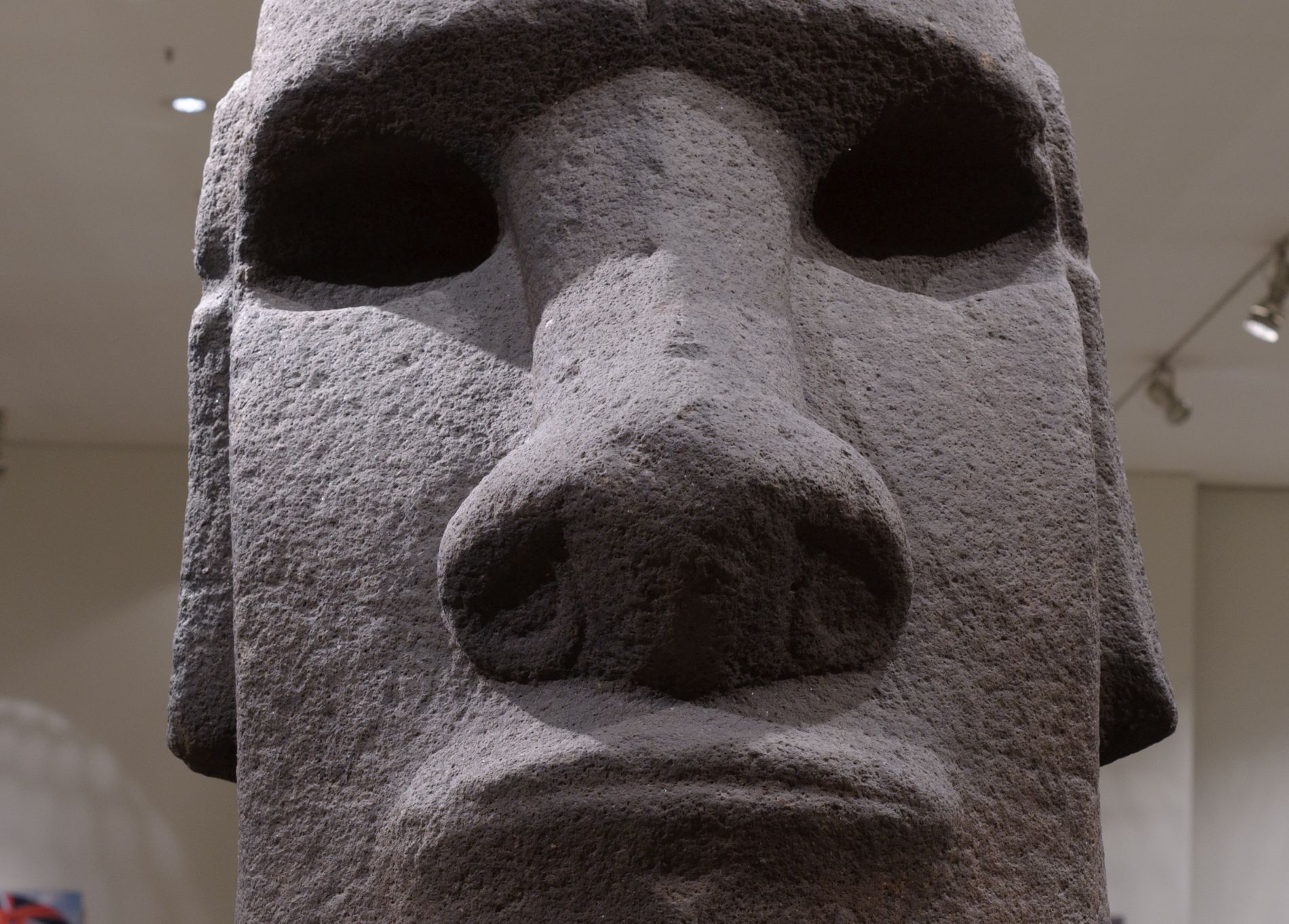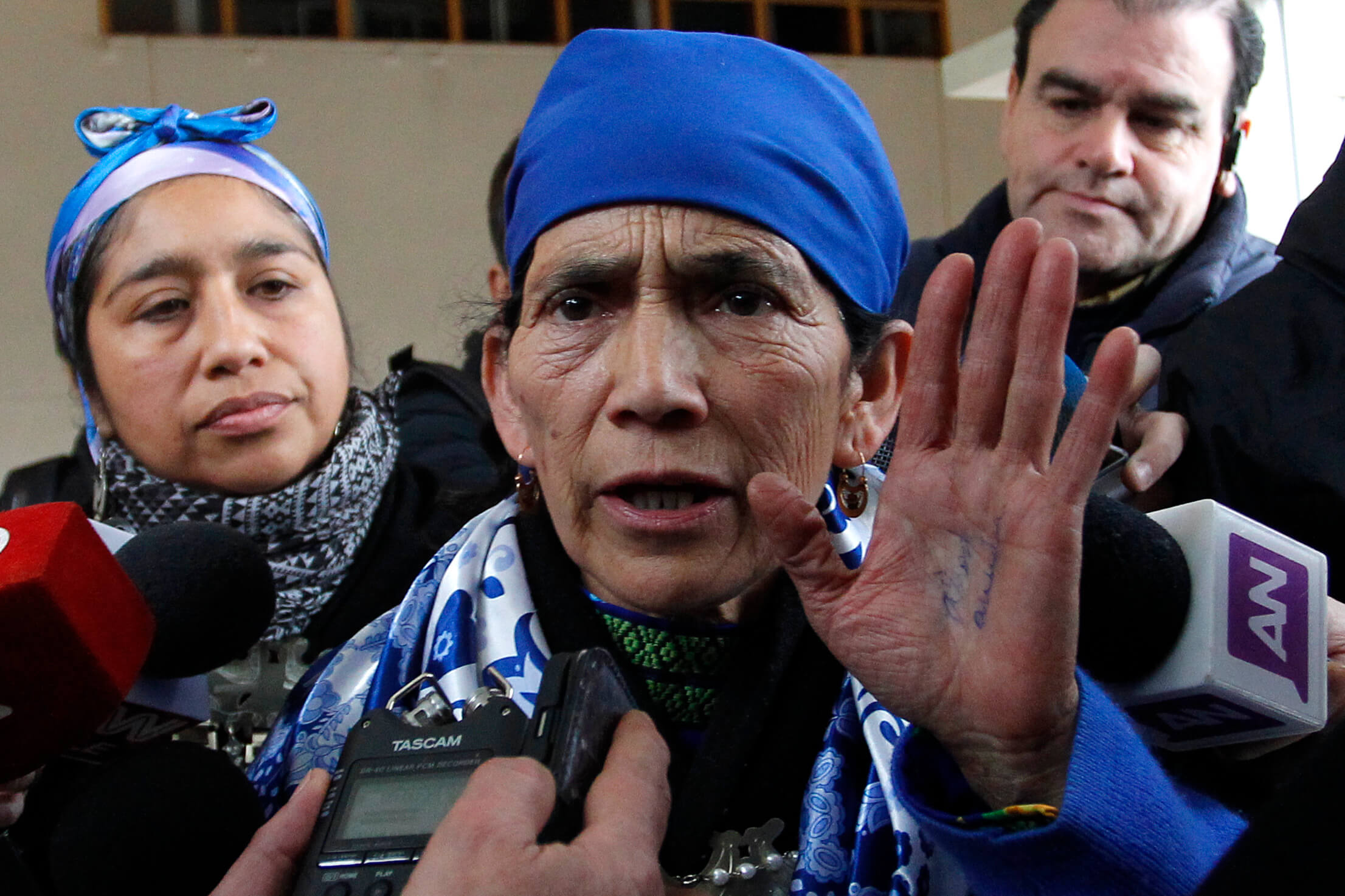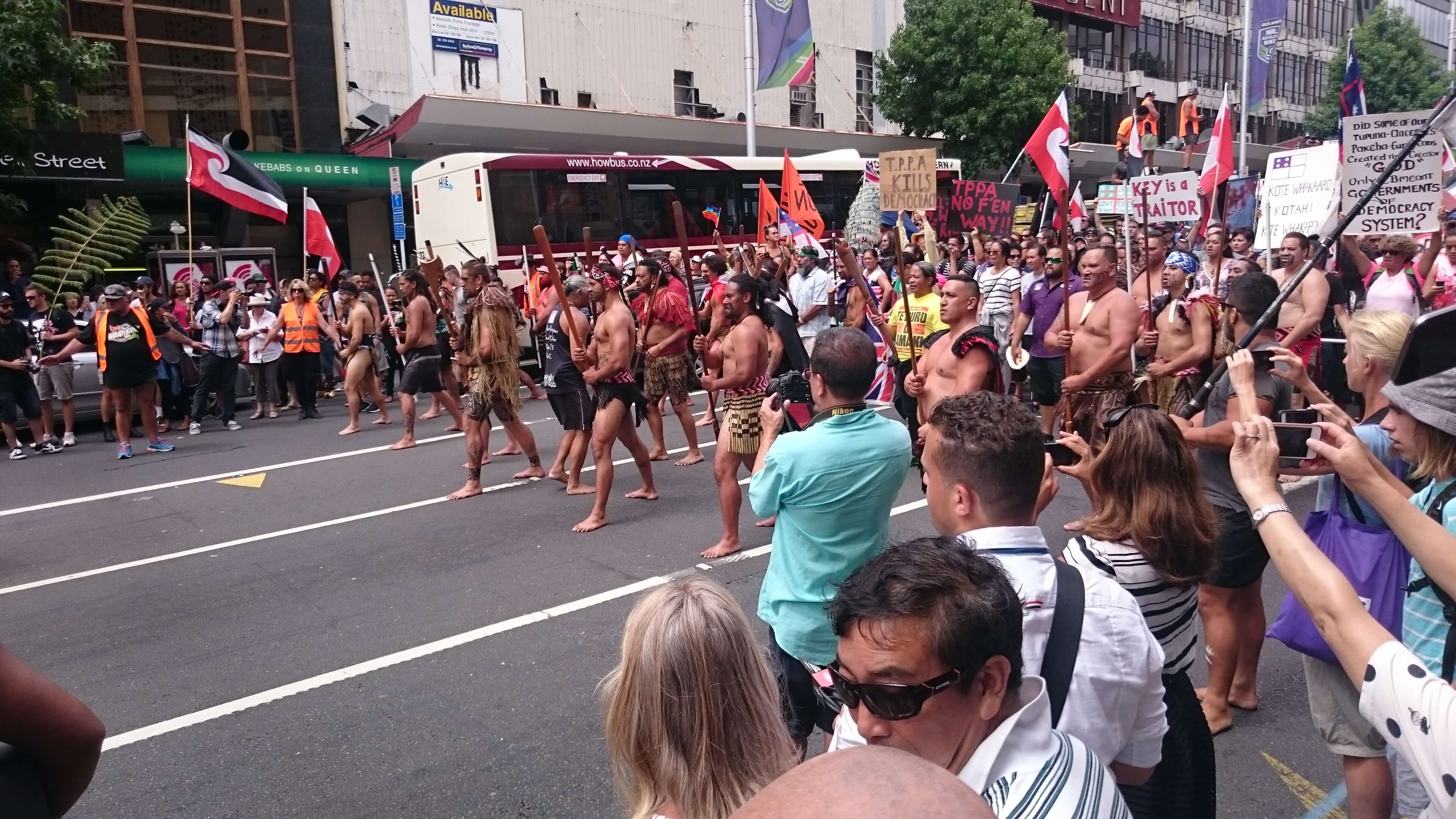In Chile, nine indigenous peoples are recognized by statute, comprised of 1,585,680 persons, they represent 9% of the country’s total population. However, in the 2017 Census, 12.8% of Chile’s population, totalling 2,158,792 people, were recognized as indigenous. These peoples and their populations are: Mapuche (1,754,147), Aymara (156,754), Diaguita (88,474), Atacameño (31,800), Quechua (27,260), Colla (16,088), Kawésqar (5,298), Rapanui (5,065), and Yámana or Yagán (131). Though mostly inhabiting urban areas, particularly the Metropolitan region (30.1%), Araucanía (19.6%) and Los Lagos (13.1%), as of the year 2015, 24.7% resided in rural zones.
The 1980 Constitution does not recognize indigenous peoples or their rights. The process for a new Constitution included an effort launched in 2016 for consultation, but that process is currently suspended due to a lack of political will on the part of both the executive branch and the National Congress. Indigenous peoples’ rights are regulated by Law No. 19,253 of 1993 on the “Promotion, Protection and Development of the Indigenous,” a law that does not meet the standards of international law on the rights of indigenous peoples. Law 19,253 recognized indigenous rights, but Chile has yet to recognize indigenous rights constitutionally. Some peoples, such as the Changos and Chonos, are not recognized by statute, nor are the Chilean Afro-descendent tribal peoples, whose population – though excluded as a census category is estimated in the Arica Parinacota region alone at 8,000 persons.
ILO Convention 169, which was ratified by the Chilean Government in 2008, and went into effect as law in Chile in September 2009.
International Work Group for Indigenous Affairs, The Indigenous World 2019




